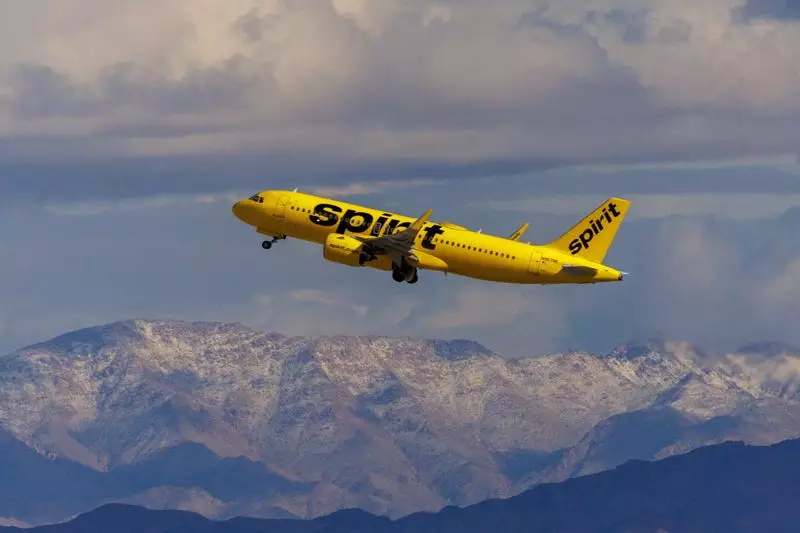On a recent Monday, a troubling event unfolded involving a Spirit Airlines flight bound for Port-au-Prince, Haiti, as it became the victim of gunfire shortly before reaching its destination. In a decisive move, the aircraft was forced to divert to Santiago, Dominican Republic, following the incident that led to damage to the plane and an injury among the crew. This alarming event not only highlights the immediate dangers faced by aviation in the region but also underscores the deteriorating security situation within Haiti itself.
Following the shooting, Spirit Airlines promptly issued a statement confirming that one flight attendant sustained injuries—reportedly a graze from a bullet. Fortunately, all passengers aboard were reported unharmed. The incident naturally raised concerns regarding the safety protocols in place for flights to and from Haiti, prompting Spirit to suspend further operations to Port-au-Prince and Cap-Haitien pending a comprehensive evaluation of the situation. This rapid response aligns with best practices in crisis management, emphasizing the need for airlines to prioritize the safety of their passengers and crew at all costs.
The disruption caused by this incident did not stop with Spirit Airlines. Other major carriers, including JetBlue and American Airlines, responded by suspending flights, highlighting an overarching concern for the safety of air travel in the region. A travel advisory issued by the U.S. embassy noted that the security situation had worsened, citing the presence of armed gangs targeting transportation options. Reports of previous incidents, including a U.N. helicopter being fired upon, illustrate an escalating trend of violence that could deter both citizens and tourists from traveling to this Caribbean nation.
Haiti has faced numerous challenges, including political instability, gang violence, and economic hardship. These issues have contributed to a chaotic environment that places not only citizens but also foreign nationals and visitors at risk. The armed gangs operating in Port-au-Prince have gained notoriety for their brazen tactics, which now apparently extend to endangering civilian air travel. The ripple effect of such incidents could have long-lasting implications for Haiti’s fragile economy, particularly since tourism and international aid are vital lifelines.
The recent gunfire incident targeting a civilian aircraft serves as a stark reminder of the security challenges that Haiti currently faces. For airlines, this marks a critical juncture in determining flight viability to the region. Meanwhile, travelers interested in visiting Haiti must remain vigilant and aware of the heightened risks associated with travel to the area. As international and local authorities grapple with these security issues, the need for a coordinated response is paramount to ensuring the safety of individuals and the future stability of the region. Ongoing dialogue among stakeholders will ultimately be key in charting a path forward for aviation safety in Haiti amidst rising turmoil.

